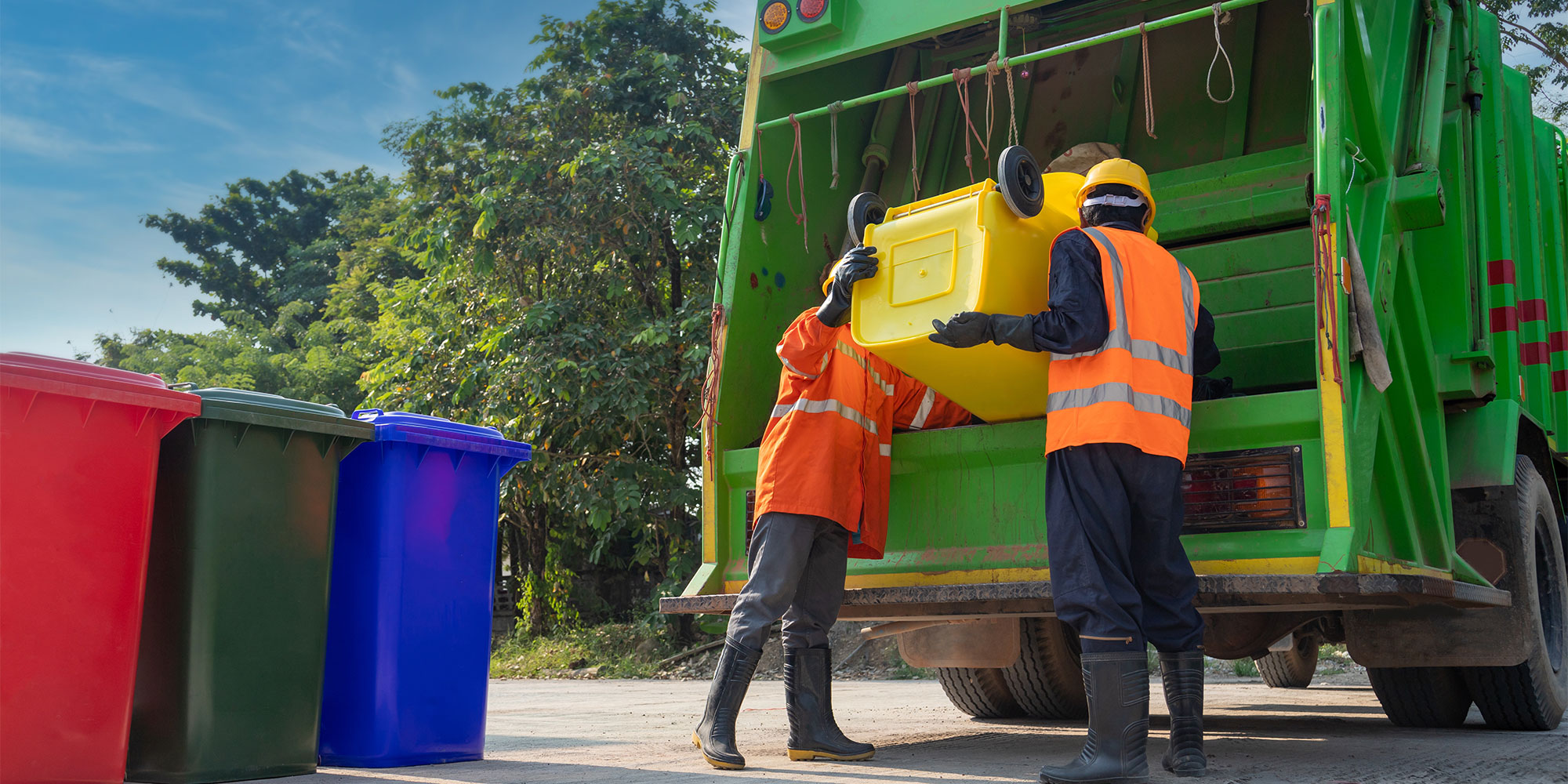By clicking a retailer link you consent to third-party cookies that track your onward journey. This enables W? to receive an affiliate commission if you make a purchase, which supports our mission to be the UK's consumer champion.
'I've seen the future - and it's bins every three weeks': Why there's nothing to fear about fewer collections

At first, fewer waste collections might evoke hellish images of rubbish-strewn streets and overflowing bins. But there might be less worry about than you think.
Which? editor Harry Rose reveals his surprisingly positive experience when his local council informed him that general waste collections would take place every three weeks instead of two.
This column appears in the October issue of Which? Magazine. Join Which? to get our monthly magazine, or if you're already a Which? member, add the magazine to your membership in your online account or by calling us on 029 2267 0000.
Harry's experience with less frequent collections

Harry Rose, Editor of Which? Magazine, says:
'I hated the idea. When the ominous letter arrived from North Somerset Council, confirming that it would be collecting black bins every three weeks, rather than every two as before, I feared a suburban hellscape of overflowing bins, rubbish-strewn streets and fly tipping on every corner.
My family struggled to make it a fortnight without an overflowing bin as it was, partly due to the youngest still being in nappies, so how were we supposed to cope with a 50% increase in time between collections?
The summer was approaching. There would be unpleasant odours. Vermin. Queues at the tip. But it turns out I was completely wrong. Our bin hasn’t overflowed once.
We’ve even got to the end of some cycles with room to spare. How? The council has got more serious about recycling and residents have had no choice but to follow suit.
We already had a weekly food waste collection, alongside standard ones for paper, glass, metal and some plastics. The council has now added soft plastics and small electricals to its kerbside repertoire.
And we residents had to raise our games – no more sticking that old bottle of ketchup into the black bin because you can’t face washing it out, no more putting that uneaten, expired ready meal in the bin because you can’t abide decanting it into the food waste caddy.
Instead of being the default, the black bin has become the last resort for our household. Apart from the nappies, the only things that now go into our general waste are things like used kitchen roll and bits of packaging that aren’t recyclable. Separating out soft plastics is a game-changer – recycling them frees up loads of bin space.
The bigger picture is that fewer collections means fewer journeys for vehicles and lower carbon emissions. And councils can save money – North Somerset estimates that black bin waste costs £130 per tonne to dispose of, whereas recyclables can actually generate an income of £30 per tonne.
Government recycling strategy aims for 60% of domestic waste to be recycled by 2030; Wales, where three-weekly bins is increasingly the norm, aims for more than that already. So three-weekly collections are coming – the good news is you have nothing to fear.'
We've found the best kitchen bins for durability and ease of use, plus the best bin bags to line them with
Adapted for online publication by Natalie Turner, original article published in Which? Magazine, October 2025.





